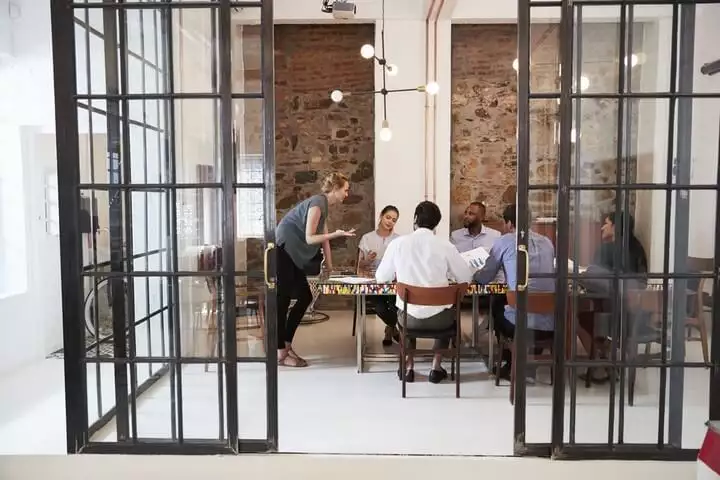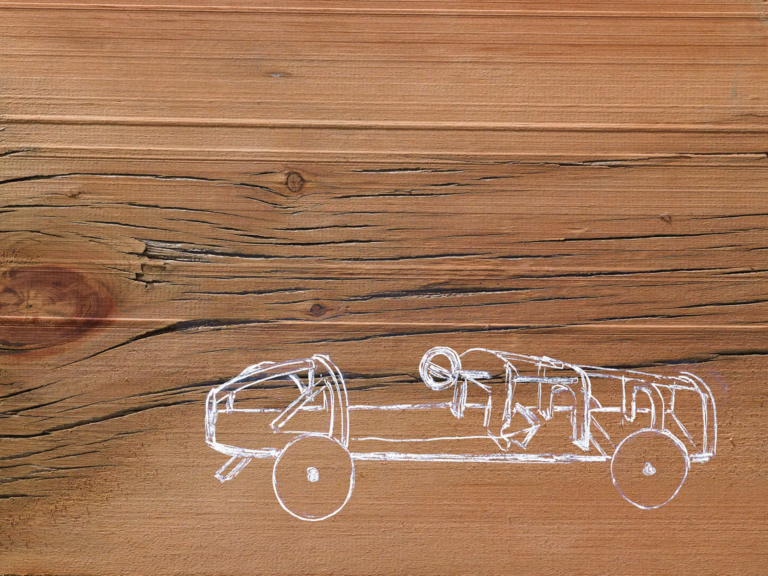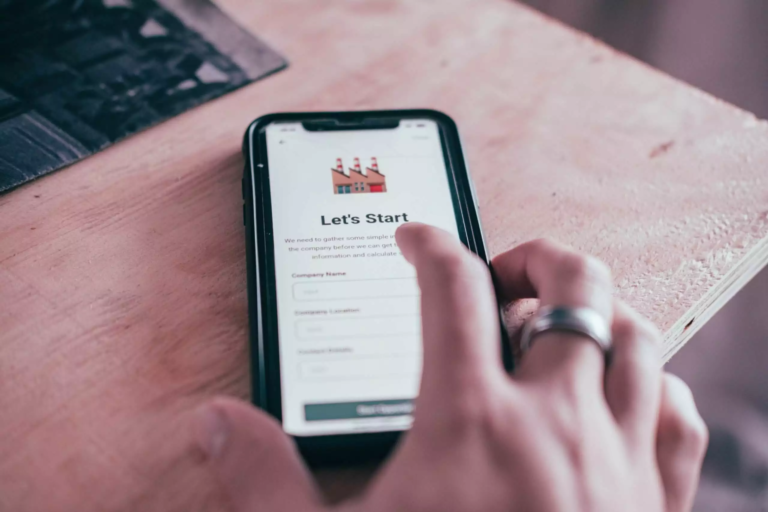Simulations
SmoothTeam's range of simulations includes more than ten simulations that guide us through different topics. They are divided into two different types of simulations, Connect and Share.
SmoothTeam simulations include two different types of simulation, Connect and Share, where the perspective on the conversation is slightly different. In Connect, the focus is on the team and how we see each other, while in Share we share more ideas about ourselves.
In practice, this means that in Connect-type simulations, it's good that we know each other as a team and that we work together for at least a couple of weeks. Connect simulations are structured in such a way that they get even the quietest to participate and the loudest to listen naturally. During the simulation, I always give positive feedback and learn from what my colleagues think of me.
In share-type simulations, there is no similar requirement for prior knowledge, as the perspective is more about the self and how I experience things. Share-type simulations are generally also suitable for completely new teams where people do not yet know each other. They also allow for a more relaxed mixing of team members. Share-type simulations are also easily customisable and can be used, for example, for training, value dissemination and follow-up of staff surveys in a solution-oriented way.
Our simulation
Team Strengths
An engaging simulation is the perfect programme for a team day or a weekly meeting, for example.
Understand the stress factors
Is there something that my colleagues are burdened with that I don't mind doing at all? Could work be divided according to what each person finds stressful?
Entrepreneurial leadership
What if the team were entrepreneurial? What things would change and what would receive more attention? A simulation based on the book by Risto Siilasmaa will introduce the topic.
Making the management team effective
The simulation addresses and develops the functioning of the management team through ten practical topics that research shows make a management team successful.
Biases in Our Thinking and the Workplace
Addressing biases in thinking helps the team to make more objective and informed decisions, which improves both collaboration and results.
Agility Simulation
Agile is a goal for many teams, but what does agility consist of? What's behind it? Which habits and practices promote agility and which hinder it?
Team's Leisure Time
A great simulation for relaxing and team building. Perfect for a night out, a team day or even a Christmas party as a programme.
Multi-location Work
The simulation gives the team a good basis for creating rules of the game for multi-site work.
Sources of Motivation
Get to know the motivation of your colleagues and make your collaboration more effective and meaningful.
Tense
situations
The simulation allows for a neutral discussion of tense situations and helps to prevent major conflicts.
Teammates'
handbook
The simulation is a great way to get to know a new team, but also gives the more experienced team the energy to refine their collaboration.
Interaction at Work
We have different ways of working and interacting. Being aware of these helps us to work together and get the job done effectively.













